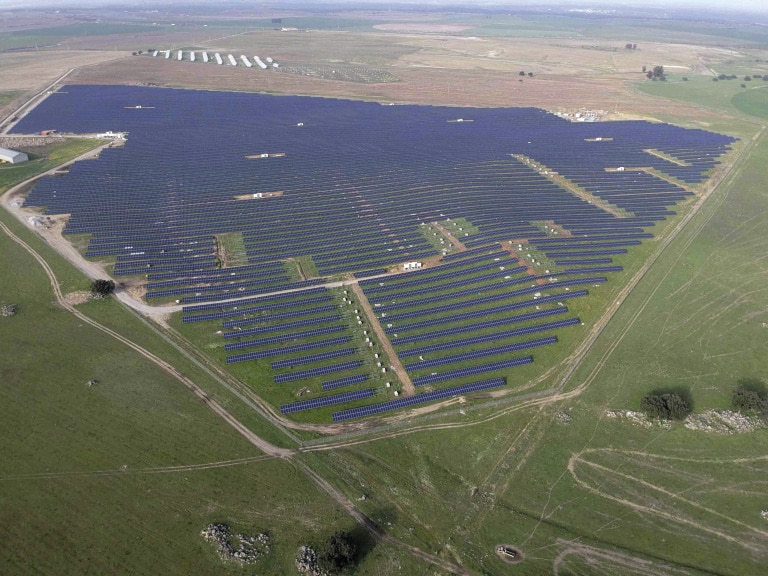The Portuguese Renewable Energy Association (APREN) is developing a new licensing guide for renewable energy projects and expects to complete it by the end of the year. The guide will focus on onshore renewable wind, solar PV, and hydro energy projects at first, but might be extended to other renewable energy sources in the future.
“The same licensing steps will be laid out for projects of any technology,” Diogo Carvalheda, head of communication at APREN, told pv magazine. “The guide aims to illustrate how to obtain production and exploration licenses, showing the various steps required to approve renewable power plant projects, especially wind and photovoltaic.”
Lengthy, unpredictable, and unclear licensing processes are one of the major obstacles to the expansion of solar and other renewables in Portugal. The guide therefore aims to streamline the processes. Project developers, the guide’s main target group, will find information on how to develop projects according to the legal criteria of the licensing process.
“The large number of applications with significant discrepancies between the levels of preparation by different developers with more or less experience and preparation is another reason why the current licensing process is so lengthy in Portugal,” said Carvalheda.
Popular content
The standardization of the application process for developers will facilitate the analysis of applications and accelerate the entire licensing process, he explained.
APREN is developing the guide in collaboration with the Portuguese Environment Agency (APA) and the General Directorate of Energy and Geology (DGEG). The dissemination of information at the municipal level will be indispensable to the success of the guide in expediting the licensing process in Portugal. According to Maria José Espírito Santo, deputy director of DGEG, “some municipalities are acting as an obstacle to many processes, not only for lack of a timely response, but often for lack of knowledge.”
The national and local government bodies involved in the process will ultimately determine how quickly the licensing guide will be applied after its conclusion by the end of the year, Carvalheda told pv magazine. He said APREN expects the process to be “relatively quick,” given that the two main entities responsible for approving renewables projects are already involved.
This content is protected by copyright and may not be reused. If you want to cooperate with us and would like to reuse some of our content, please contact: editors@pv-magazine.com.


1 comment
By submitting this form you agree to pv magazine using your data for the purposes of publishing your comment.
Your personal data will only be disclosed or otherwise transmitted to third parties for the purposes of spam filtering or if this is necessary for technical maintenance of the website. Any other transfer to third parties will not take place unless this is justified on the basis of applicable data protection regulations or if pv magazine is legally obliged to do so.
You may revoke this consent at any time with effect for the future, in which case your personal data will be deleted immediately. Otherwise, your data will be deleted if pv magazine has processed your request or the purpose of data storage is fulfilled.
Further information on data privacy can be found in our Data Protection Policy.